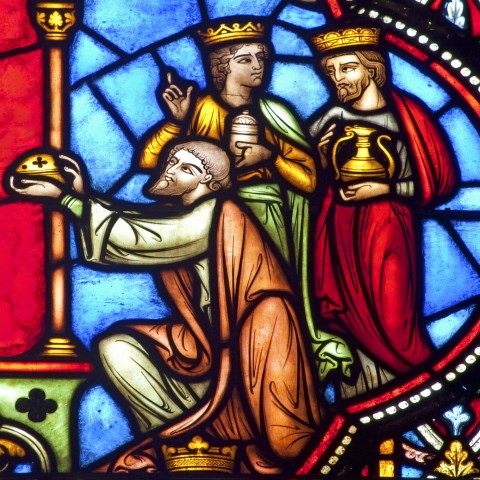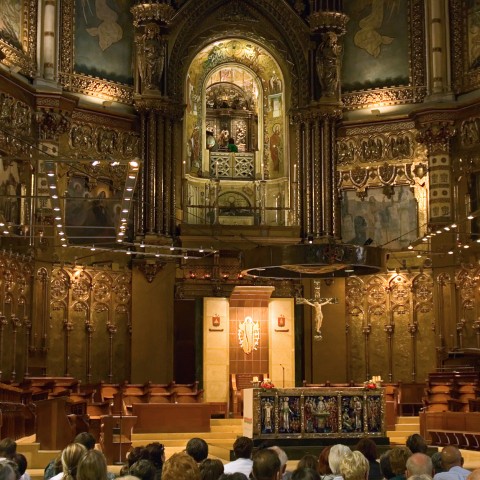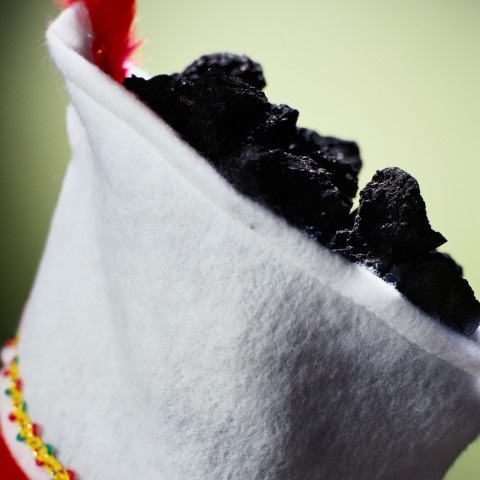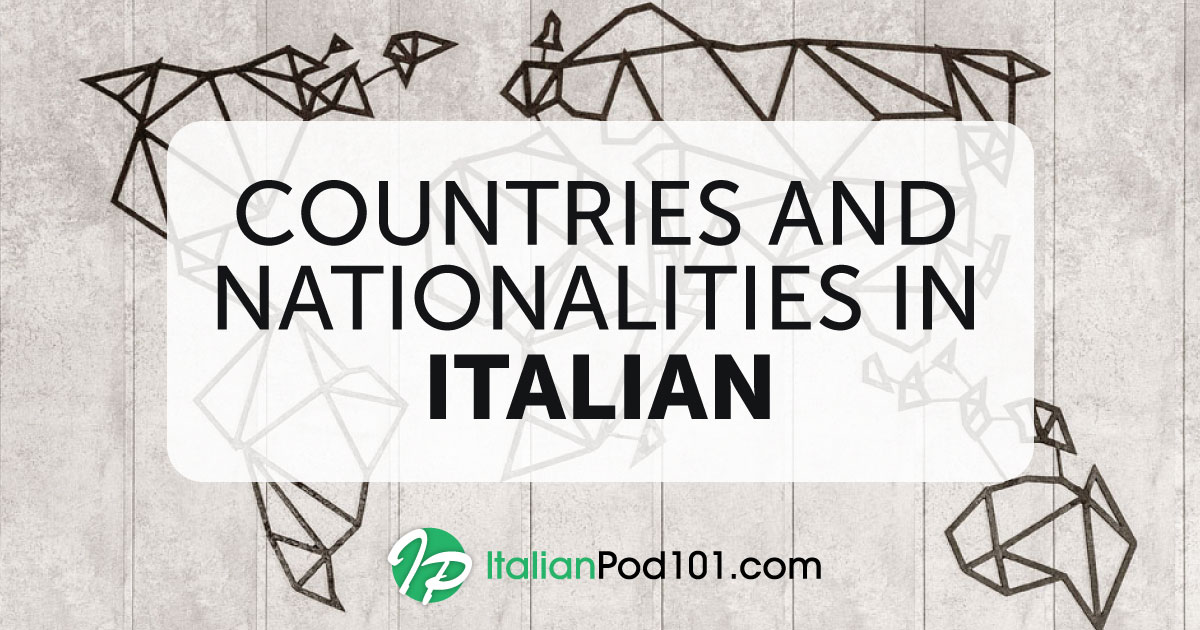Italians celebrate the Feast of the Epiphany each year to celebrate the Magi’s visitation to Baby Jesus. However, the celebrations of Epiphany in Italy may surprise you—did you know that Epiphany isn’t what most Italians call this holiday?
In this article, you’ll learn about the origins of the Epiphany holiday and how the Italians observe it.
At ItalianPod101.com, it’s our goal to ensure that every aspect of your language-learning journey is both fun and informative—starting with this article!
Ready? Let’s dive in.
1. What is Epiphany in Italy?
Epiphany, like Christmas, is a Christian religious festival. It celebrates the visit made by the Magi—the three great kings of the East—to Christ twelve days after his birth. This festival is a national holiday.
For Italians, the Epiphany is also a bit of a sad day, because it is the fine del Natale, or “end of Christmas.” Thus, while the Epiphany celebrations are going on, Italians are also bracing themselves for the humdrum of everyday life to begin again.
2. Epiphany Date
Each year, Italians celebrate Epiphany on January 6. The night before is called Epiphany Eve.
3. How Do They Celebrate Epiphany in Italy?
While, like in most countries that celebrate Epiphany, many Italians andare a messa, or “go to mass,” the more popular traditions may surprise you. 😉
1- The Legend of La Befana
According to an Italian belief, on the night between January 5 and 6, a vecchia signora, or “old woman,” called Befana—who’s ugly and old and rides on a broomstick—goes into every home to fill the socks of the good children (bambini buoni) with candies and sweets, and distribute coal to the bad children (bambini cattivi). The kids really like this celebration of the Epiphany, because even if they get a bit of coal, they still always receive a lot of candies and chocolates. This belief also explains why the Epiphany is more commonly known as the Day of the Befana.
In Venice, the Befana travels on a boat! In fact, every year, on January 6, a boat race of the Befana is organized, led by athletes dressed as Befana, who compete on the Grand Canal.
2- More Epiphany Traditions
On this day, after opening the socks filled with candy (caramella), Italians get together with their families to enjoy lunch together. The most typical food eaten on Epiphany in Italy is sweets, including focaccia of the Epiphany. This is a cake that has a fava bean placed inside it; the one who finds this dry bean will have very good fortune throughout the year. The afternoon of this day is also an opportunity to go out for a walk around the historic centers of the city, where there are small markets selling sweets.
During the Epiphany Festival, Italy’s most common activity is actually to take away all the Christmas decorations, such as the Christmas tree and the nativity scene. This is because Epiphany marks the official end of Christmastime.
4. Origin of “Epiphany”
Do you know the meaning and origin of the word “epiphany”?
It is a word with Greek origins that means “appearance” or “revelation.” Some people also celebrate Epiphany as the day on which the Trinity of God was “revealed” during the baptism of Jesus, thus the holiday’s name.
5. Must-Know Vocabulary for Epiphany in Italy
Ready to review some of the vocabulary words we went over in this article? Here’s the essential Italian vocabulary for Epiphany!
- Caramella — “Candy”
- Epifania — “Epiphany”
- Andare a messa — “Go to mass”
- Carbone dolce — “Sweet coal“
- Calza — “Stocking”
- Vecchia signora — “Old woman”
- Magi — “Magi”
- Regalo — “Gift”
- Fine del Natale — “End of Christmas”
- Scopa — “Broomstick”
- Befana — “Befana”
- Bambino cattivo — “Bad child”
- Bambino buono — “Good child”
To hear each of these vocabulary words pronounced, and to read them alongside relevant images, be sure to check out our Italian Epiphany vocabulary list.
Final Thoughts
We hope you enjoyed learning about the Feast of Epiphany in Italy with us!
Do you celebrate Epiphany in your country? If so, are celebrations similar or different from those in Italy? Let us know in the comments!
If you’re interested in learning more about Italian culture, or if you want some wintery words up your sleeve to get you through the next couple of months, you may find the following pages useful:
- Italian Culture
- Tourist Attractions in Italy
- Italian Hand Gestures: Talk with Hands Like a Real Italian
- Words for Winter Snow Days
- How Will You Spend Your Winter Holiday?
Italian is a beautiful language, and learning it doesn’t need to be boring or overwhelming. With ItalianPod101.com, it can even be fun! If you’re serious about mastering the language, create your free lifetime account today.
Happy Italian learning! 🙂













